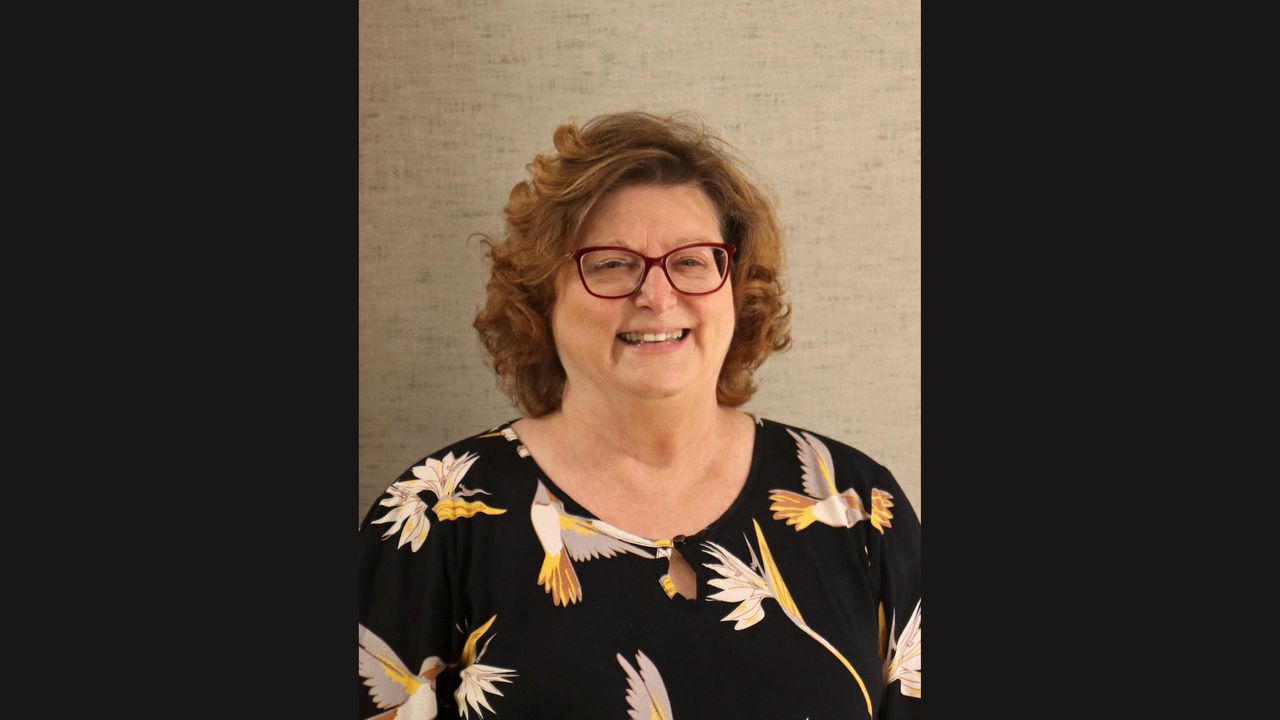Alabama library service director fears state will make âhaving anything inappropriate or objectionableâ a âsinâ
Nancy Pack is the executive director of the Alabama Public Library Service, which provides resources and support and allocates state funding to libraries around the state. AL.com learned Saturday Pack has recommended leaving the American Library Association, and libraries should be able to move books to different sections without being labeled censorship.
In an earlier interview, we caught up with her on issues affecting libraries today. Here are some key takeaways from that conversation.
The inappropriate book list process will be slow and require specificity and funding.
APLS board member and Alabama Republican Party chair John Wahl proposed the APLS create a list of potentially inappropriate books based on community submissions. The motion passed unanimously at the September board meeting.
“We’ve got a lot of issues with that, to be quite honest,” Pack said. “The motion they made is not written very well.”
Pack said creating the list would cost between $70,000 to $80,000 and requires a part-time employee to access databases to ensure the book exists, is intended for children, and if libraries carry the book. Pack estimates reviewing each book submitted for the list will take 30 to 45 minutes. The IT department must protect the database from spam or bots.
“I think they (requested a list) in haste,” Pack said. “I think it was to appease people. I need more guidance before we even finish writing the code for the back end of it.”
The APLS doesn’t govern or dictate to libraries what to do.
Pack is waiting for feedback from Attorney General Steve Marshall about how the APLS can make library rule changes.
“We don’t have direct authority over public libraries,” Pack said. “One of the biggest fears I have is they’re going to go in and change the criminal code and make it a sin for all librarians to have anything inappropriate or objectionable in it, which hits all the libraries.” This can include academic libraries or medical school libraries that may have “objectionable” content.
Changing the state library rules is a “long and arduous” process.
Gov. Ivey suggested changing the library rules, including making funding dependent on whether the library has proper procedures for keeping what she deemed “inappropriate” books away from children. Pack said, over a 30-day period, the process would start with changes made to the code by the Legislative Reference Service administration. There would be a period for public comment of an additional 35 days.
“If you decide not to keep what you originally submitted to them, that you had enough input and feedback from the public that it was not a good thing to do, you have to rewrite and submit and go back through the whole process,” She said.
Pack said the most recent change to the code was five years ago to ensure trustees had appropriate library training and learned about their responsibilities.
The next APLS board meeting is at 10 a.m. on Nov. 16 at the APLS office at 6030 Monticello Drive in Montgomery. Pack said there are 15 attendees signed up to talk about book challenges and the pros and cons of the American Library Association.
